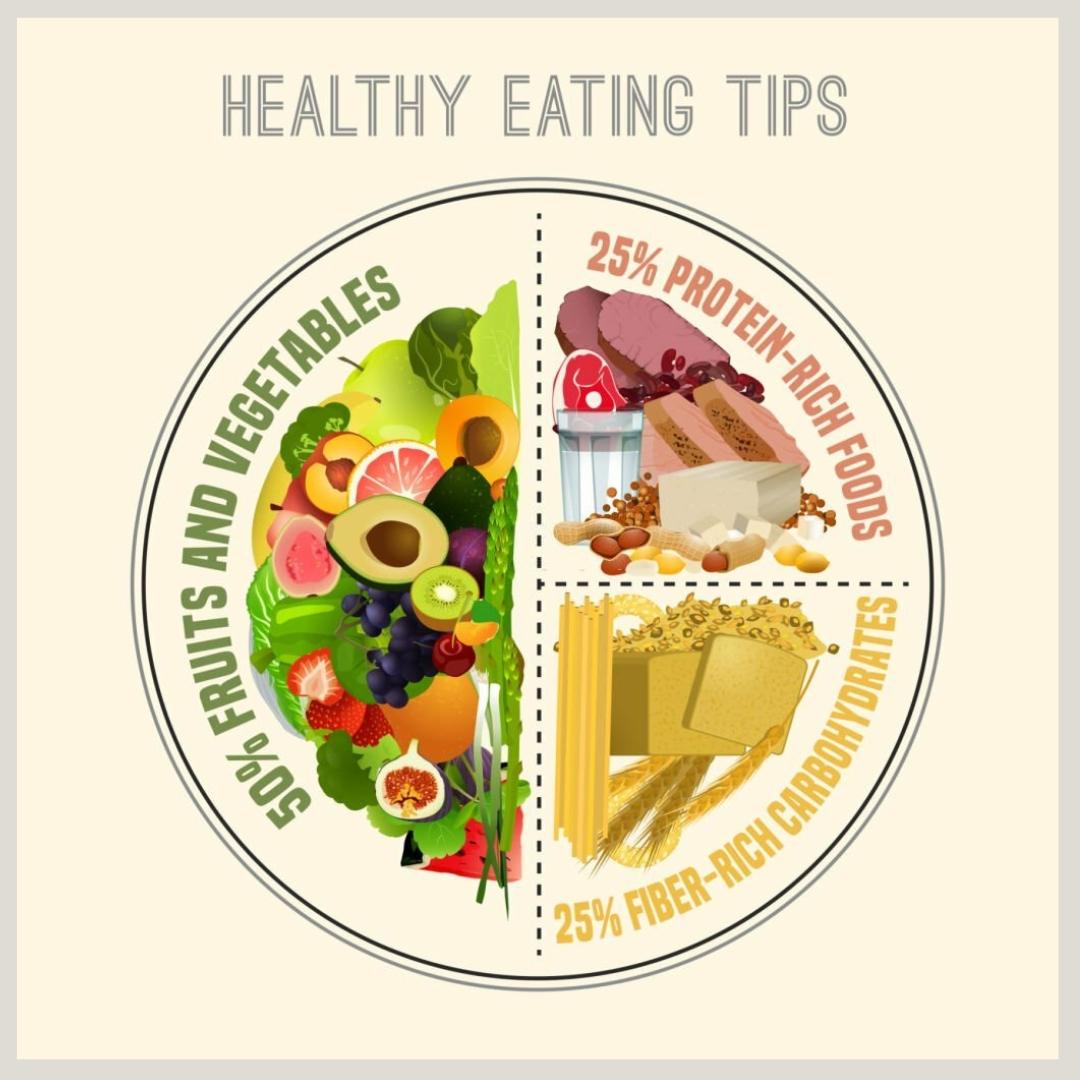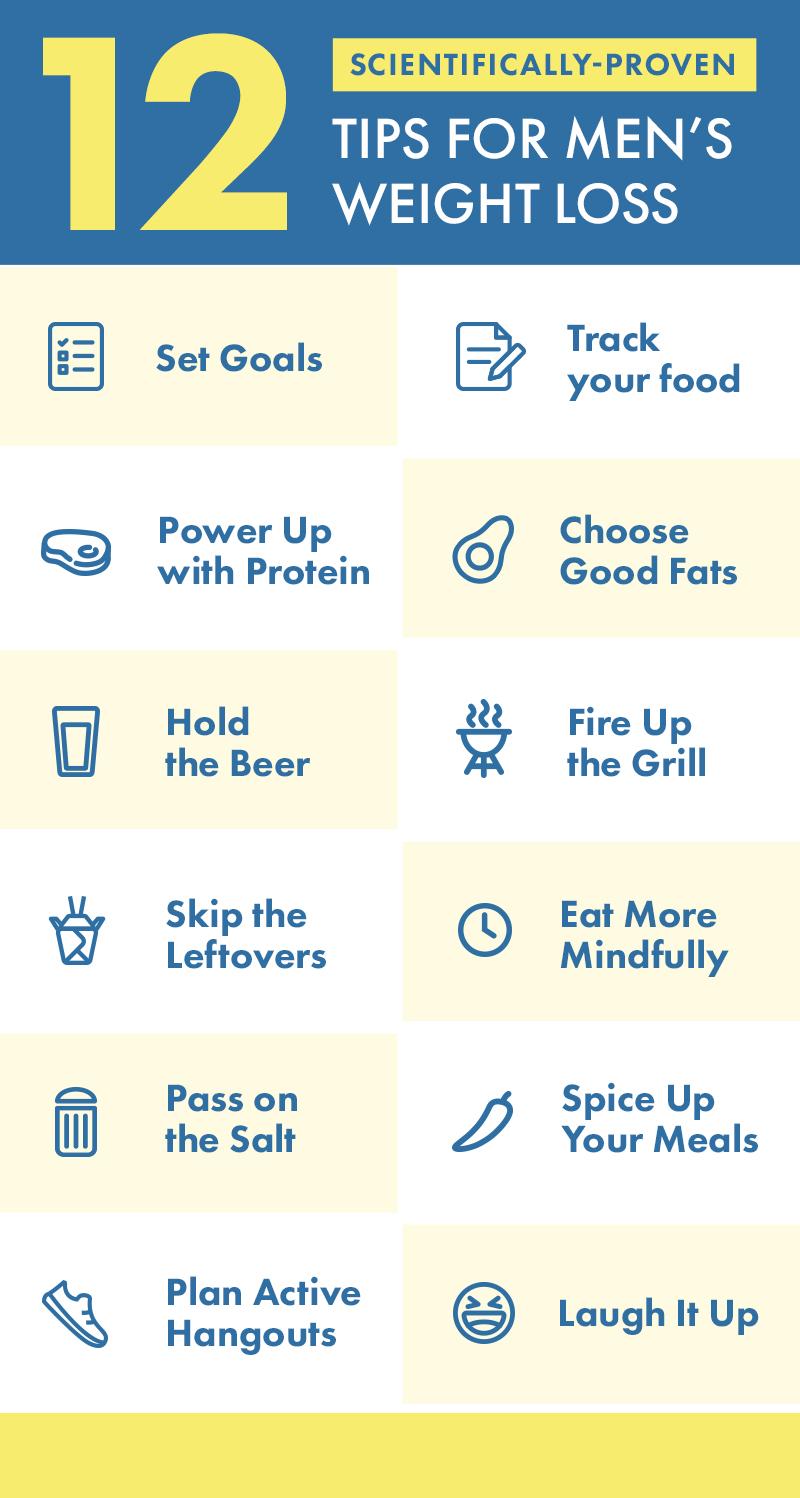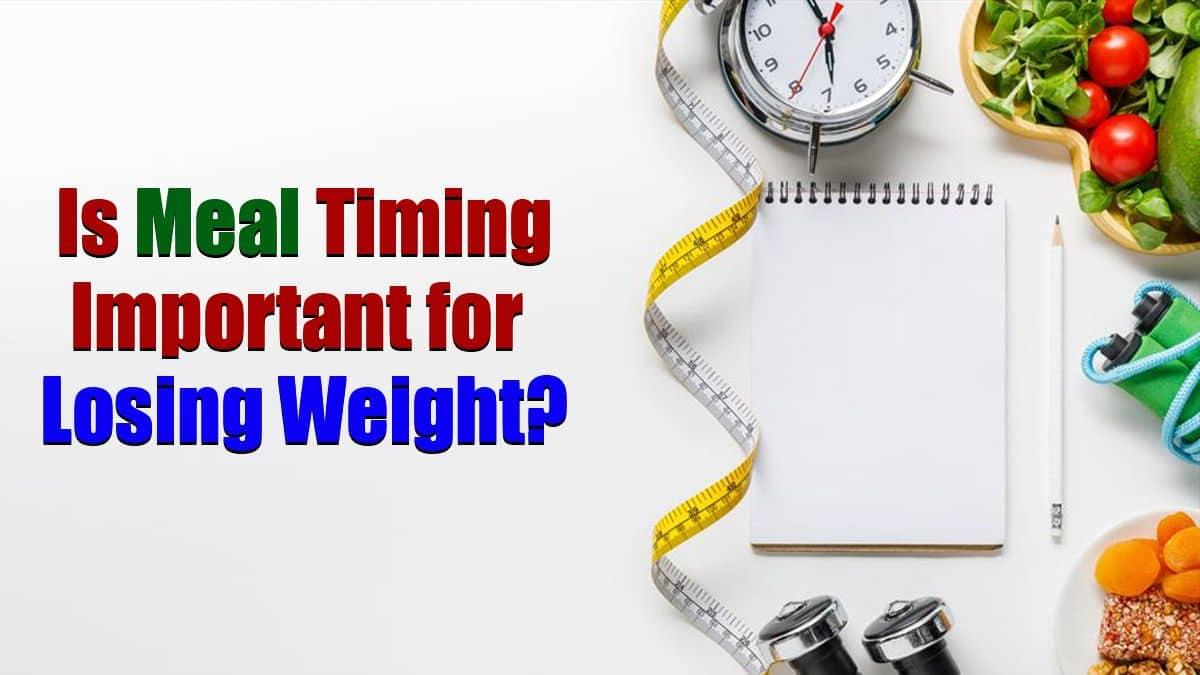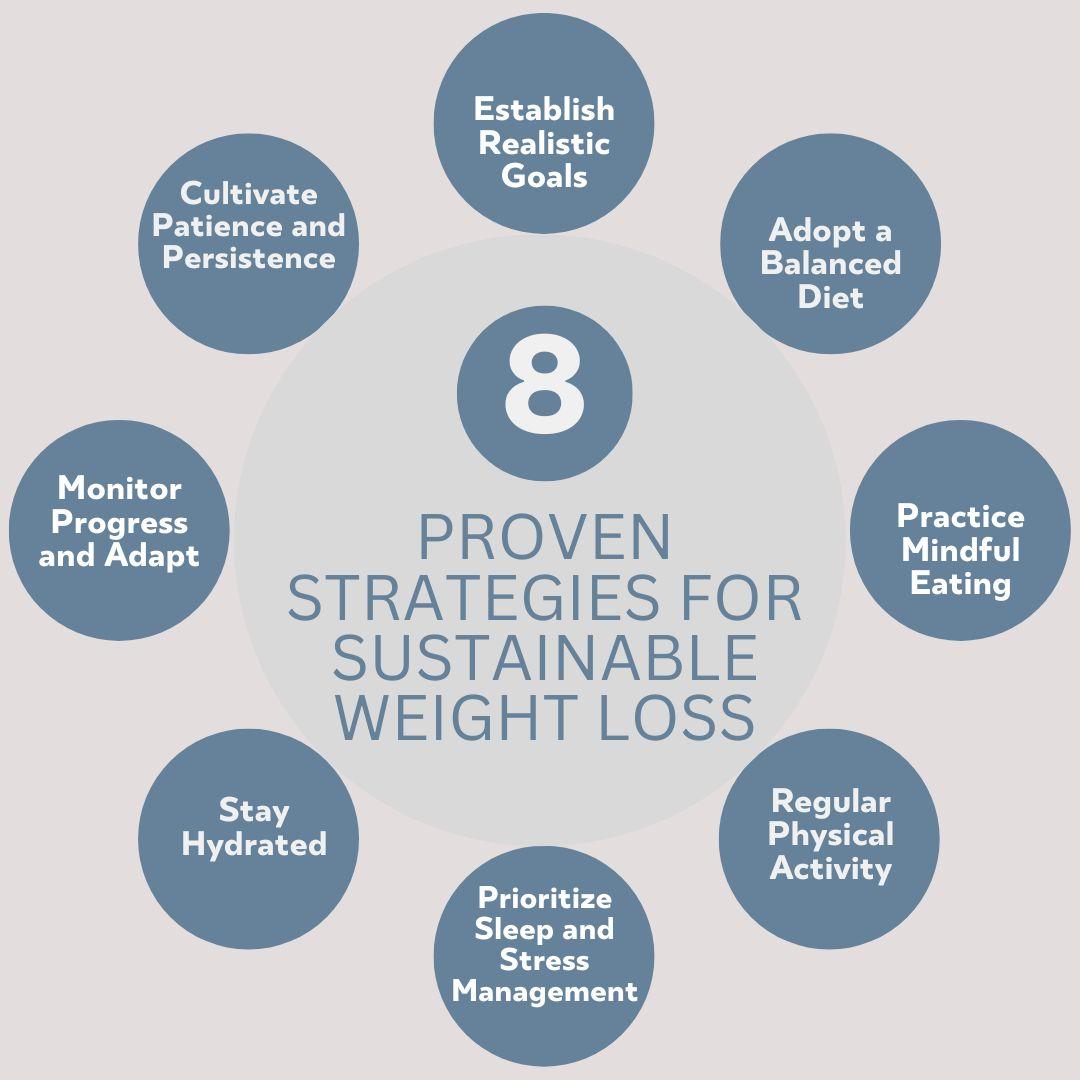Are you a guy who’s tried just about every diet out there, only to find that sticking with it feels like an uphill battle? If you’ve been juggling your work, family, and social life, it’s no wonder that maintaining a healthy weight can feel like a daunting challenge. In this article, we’ll explore effective weight loss diets specifically for men, tackling the common obstacles you might face along the way. You’ll discover practical tips, meal ideas, and strategies that fit seamlessly into your busy lifestyle, helping you reach your goals without feeling deprived or overwhelmed. So, if you’re ready to find a sustainable approach to weight loss that actually works, stick around – we’ve got some valuable insights coming your way!

Understanding Mens Unique Nutritional Needs for Effective Weight Loss
When it comes to weight loss, many men often find themselves caught in a sea of conflicting advice. One common misconception is that adopting a one-size-fits-all dietary approach will lead to success. However, this couldn’t be further from the truth. Men have distinct nutritional needs compared to women, driven by factors such as muscle mass, metabolism, and hormonal differences. For instance, a study by the National Institutes of Health found that men generally require higher protein intake to support muscle maintenance, especially when losing weight. So, making decisions based on these unique needs can drastically improve results.
What does that mean for your plate? Prioritizing protein is a game-changer. It not only helps in muscle retention during weight loss but also keeps you feeling full longer. Incorporating lean meats, fish, eggs, and plant-based proteins like lentils and quinoa can give your meals a substantial boost. Additionally, don’t shy away from healthy fats! Foods like avocados, nuts, and olive oil contribute to satiety and can keep cravings at bay. And let’s not forget about fiber; filling your diet with fruits, vegetables, and whole grains is crucial for managing hunger and supporting digestive health. Need inspiration? Think of adding a colorful salad topped with grilled chicken and a sprinkle of nuts for a hearty, nutrient-dense meal.
Another key aspect is staying hydrated, which is often overlooked. Drinking enough water helps regulate appetite and supports metabolic functions. Aim for at least 8 cups a day, and consider more if you’re active or live in a hot climate. But hydration doesn’t just come from water; herbal teas, sparkling water, and even hydration-rich fruits like watermelon can help you hit your goals. To put it simply, understanding your body’s unique dietary needs empowers you to make informed choices that align with your weight loss journey. For further insights on specific nutritional strategies, the National Library of Medicine provides a wealth of research on men’s health and nutrition. Embrace these changes not just for a transient diet, but as a shift towards a healthier lifestyle overall.

Key Food Groups to Include in a Weight Loss Diet for Men
When embarking on a weight loss journey, it’s essential to focus on the key food groups that can truly make a difference. Think of lean proteins, for example. They not only promote muscle growth but also help you feel fuller for longer. Imagine biting into a juicy grilled chicken breast after a workout; it’s not just delicious, but also fuels your body and keeps hunger at bay. Research from the American Journal of Clinical Nutrition highlights that diets rich in protein can lead to better weight loss outcomes. So, consider adding turkey, fish, or legumes to your meals—it’s a simple, effective way to boost your protein intake and rev up your metabolism.
Next on the list is whole grains. You might be wondering, why whole grains over their refined counterparts? Well, whole grains are packed with fiber, which is crucial for digestion and has a significant role in weight management. Think quinoa, brown rice, and whole wheat bread. They provide sustained energy without the crash that comes with refined carbs. A fun fact: fiber-rich diets can reduce your risk of developing chronic diseases and help you eat fewer calories overall. So next time you’re at the grocery store, opt for the whole-grain version of your favorite products—it’s a small change that can lead to big results.
Lastly, don’t underestimate the power of fruits and vegetables. Not only are they low in calories, but they’re also packed with necessary vitamins and minerals. Picture a vibrant salad with a mix of leafy greens, cherry tomatoes, and colorful peppers; it’s not just a feast for your eyes, but also a powerhouse for your health. Incorporating a variety of veggies can help fill your plate while keeping calories in check. According to the CDC, adults should aim for at least 2-3 cups of vegetables daily. So, experiment with different recipes or try Meal Prep Sundays where you chop and store your veggie snacks for the week. This not only saves time but also makes healthy eating more accessible!

The Role of Meal Timing and Frequency in Shedding Pounds
When it comes to losing weight, what you eat often steals the spotlight, but meal timing and frequency deserve their moment in the sun. Have you ever noticed that skipping breakfast leaves you ravenous by noon, compelling you to munch on everything in sight? Research suggests that spreading meals out throughout the day can keep hunger at bay and prevent those uncontrolled snack attacks. In fact, some studies indicate that individuals who eat smaller, more frequent meals may experience better metabolism and even improved appetite regulation. So, what if your breakfast burrito or lunchtime salad could be a game-changer? Giving your body regular fuel can help you manage cravings and feel more energetic during the day.
However, let’s not overlook the timing aspect. You may have heard about the surge in popularity of intermittent fasting, which can flip the script on traditional eating patterns. The idea is simple: compress your eating windows to align with your body’s natural rhythms. Some find it liberating—I mean, who doesn’t enjoy a good brunch? But what about you? Would you benefit from a more defined eating schedule? A study published in the Journal of Nutrition showed that participants who ate their meals earlier in the day lost more weight than those who had the same number of calories later. This may be linked to how our bodies metabolize food at different times. Next time you think about your meal plan, consider how timing can complement what you’re already eating.
So, how can you translate this knowledge into actionable steps? Start by experimenting with meal frequency—try incorporating an extra snack to see if it helps stave off hunger. Keep track of your energy levels and cravings; this could offer clues about what’s working for you. Additionally, think about when you schedule your meals. If you’re a night owl, consider shifting some calories to when you’re more active. And remember, the ultimate goal isn’t just about cutting calories but nurturing your body. Listen to it. Keep a food diary for a week to identify patterns and make adjustments as needed. With such strategies, shedding pounds isn’t just a daunting task—it becomes a more mindful journey towards healthier choices.

Exercise and Diet: Finding the Perfect Balance for Sustainable Weight Loss
Striking the right balance between exercise and diet can feel like solving a complex puzzle—one that often leads to frustration rather than clarity. Picture this: a successful weekend warrior, who finishes a grueling 10-mile run only to indulge in a post-workout feast that zeers far off track from their weight loss goals. The reality is that a calorie is not just a calorie. Sources matter—calories from kale impact your body differently than those from a chocolate cake. So how do we navigate this maze? Start by asking yourself, “What do I truly enjoy eating, and how do I incorporate movement that feels less like a chore and more like a celebration of what my body can do?” Finding joy in both food and fitness fosters sustainability, turning a daunting task into a pleasurable routine.
Next, consider this: what if you could transform your meals into something that complements your fitness regimen rather than clashes with it? Focus on integrating whole foods that fuel your activities. For instance, choose lean proteins, whole grains, and plenty of fruits and vegetables to enhance your recovery and support muscle growth—all crucial for lasting weight loss. Experiment with meal prepping your favorite dishes so you always have something healthy waiting for you when hunger strikes. This not only saves time but also reduces the temptation of last-minute unhealthy snacking. You might be surprised how a well-planned week can keep you aligned with your goals, making each meal an opportunity to nurture yourself rather than a hurdle to overcome.
It’s important to understand the science behind why creating that balance is not just helpful but essential. Research indicates that men typically experience greater fat loss when they’re not only mindful of their calories but also prioritize physical activities that raise metabolism. Think strength training; it’s not just about shedding pounds—it’s about reshaping your body and enhancing muscle definition. The ultimate goal? Achieving a well-rounded approach where nutrition and exercise feed into each other seamlessly. Aim for a routine that combines strength, cardio, and flexibility training for a holistic effect on both your body and mind. We all have our unique paths; the key is to find what works for you and commit to it with passion and intention!

Common Nutritional Mistakes Men Make and How to Avoid Them
Many men fall into the trap of believing that cutting calories is the only way to shed pounds. While slashing your caloric intake can lead to short-term results, it often backfires in the long run. Skipping meals or adhering to overly restrictive diets can actually slow down your metabolism, leaving you feeling fatigued and irritable. Instead, focus on nourishing your body with nutrient-dense foods. Incorporating whole foods like fruits, vegetables, lean proteins, and healthy fats can provide the fuel you need to stay energized while losing weight. Plus, these foods are rich in vitamins and minerals that support overall health. Aim to fill half of your plate with vegetables at every meal, which offers volume without a hefty calorie count!
Another common mistake is underestimating the importance of hydration. Many men forget to drink enough water, often mistaking thirst for hunger. This can lead to unnecessary snacking and increased caloric intake. Try this simple game changer: carry a reusable water bottle with you and set reminders on your phone to sip throughout the day. According to the National Academies of Sciences, Engineering, and Medicine, men should aim for about 3.7 liters (13 cups) of fluids daily. Not only does staying hydrated help control appetite, but it also boosts your energy and mental clarity, making it easier to stick to your nutritional goals. Remember, if you’re feeling sluggish or sluggish, a glass of water might be all you need to feel revitalized!
many men overlook the power of meal prepping. With busy schedules, it’s tempting to grab fast food or snack on less-than-healthy options. However, taking time to plan your meals can drastically improve your eating habits. Start by setting aside a few hours each week to batch cook lean proteins, whole grains, and roasted veggies. Store them in portioned containers for easy access throughout the week. Studies show that those who plan their meals are more likely to make healthier choices and stay within their caloric goals. Plus, you’ll save time and money by avoiding impulsive food choices. Embrace this simple but effective strategy to take control of your diet and set yourself up for success!
Looking Ahead
As we’ve explored, embarking on a weight loss journey isn’t just about cutting calories; it’s about embracing a healthier lifestyle that fits your individual needs and goals. From understanding the importance of balanced nutrition to incorporating fitness into your daily routine, small changes can lead to significant results. Now, think about what you could implement from these insights—perhaps trying new recipes, setting realistic fitness targets, or even sharing your goals with friends for accountability. It’s all about finding what works for you and celebrating every step forward, no matter how small. Have you had any experiences with diet changes that made a difference in your life? We’d love to hear your stories and tips! Remember, the journey to a healthier you is a personal one, but the possibilities are endless. Let’s keep motivating each other as we strive for our goals together!





